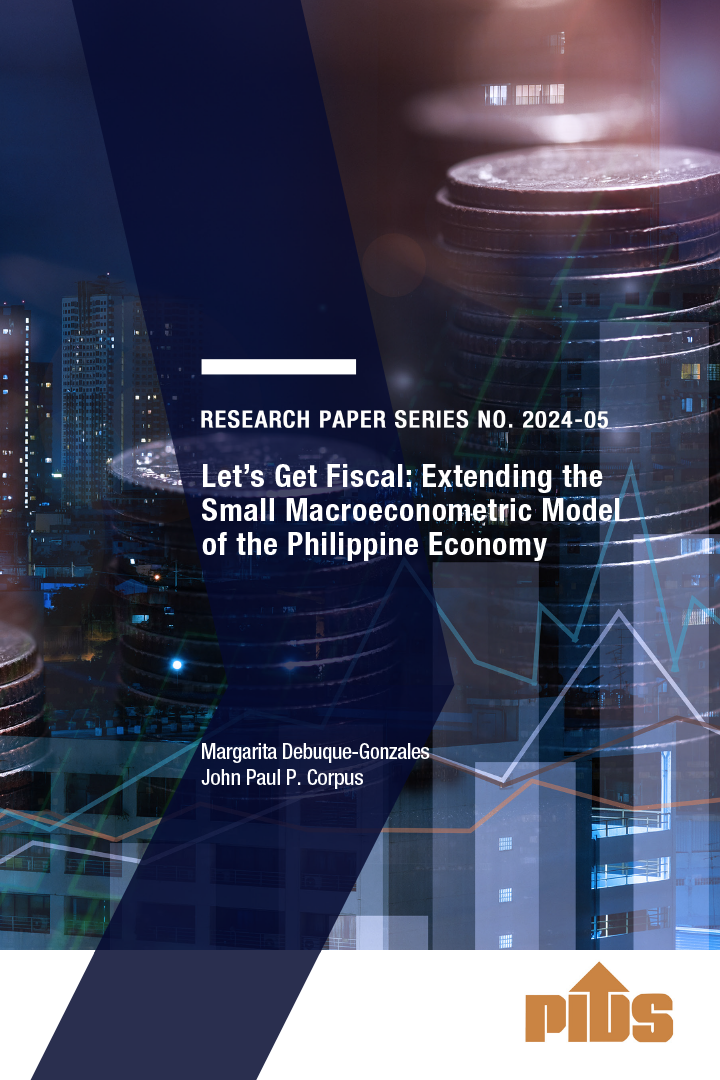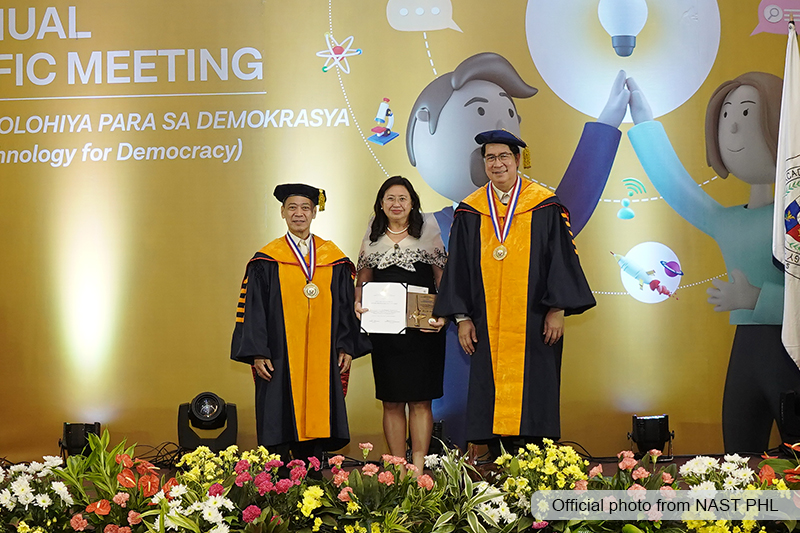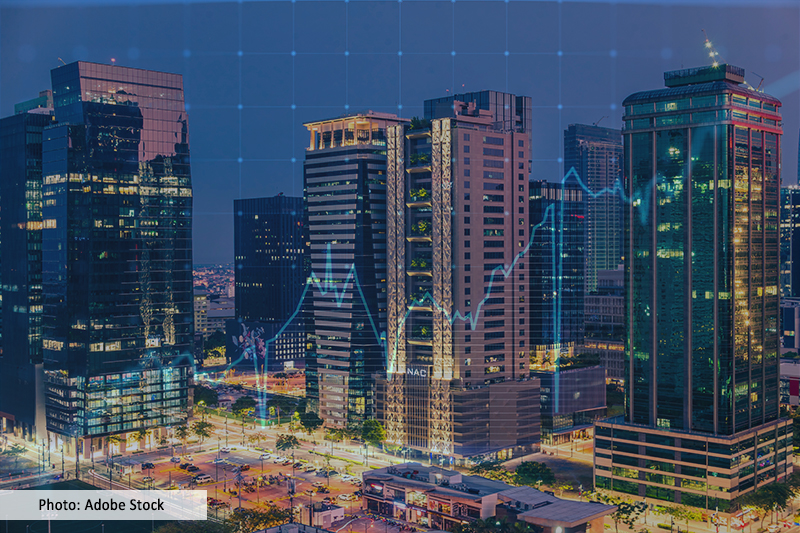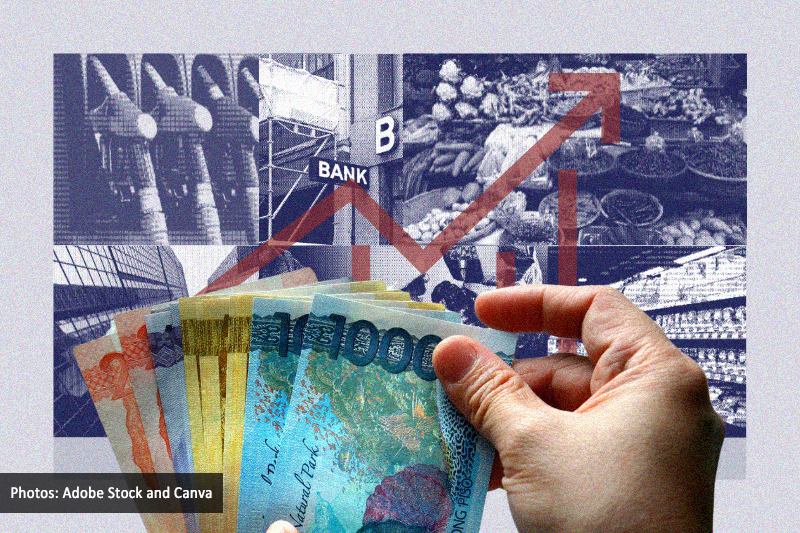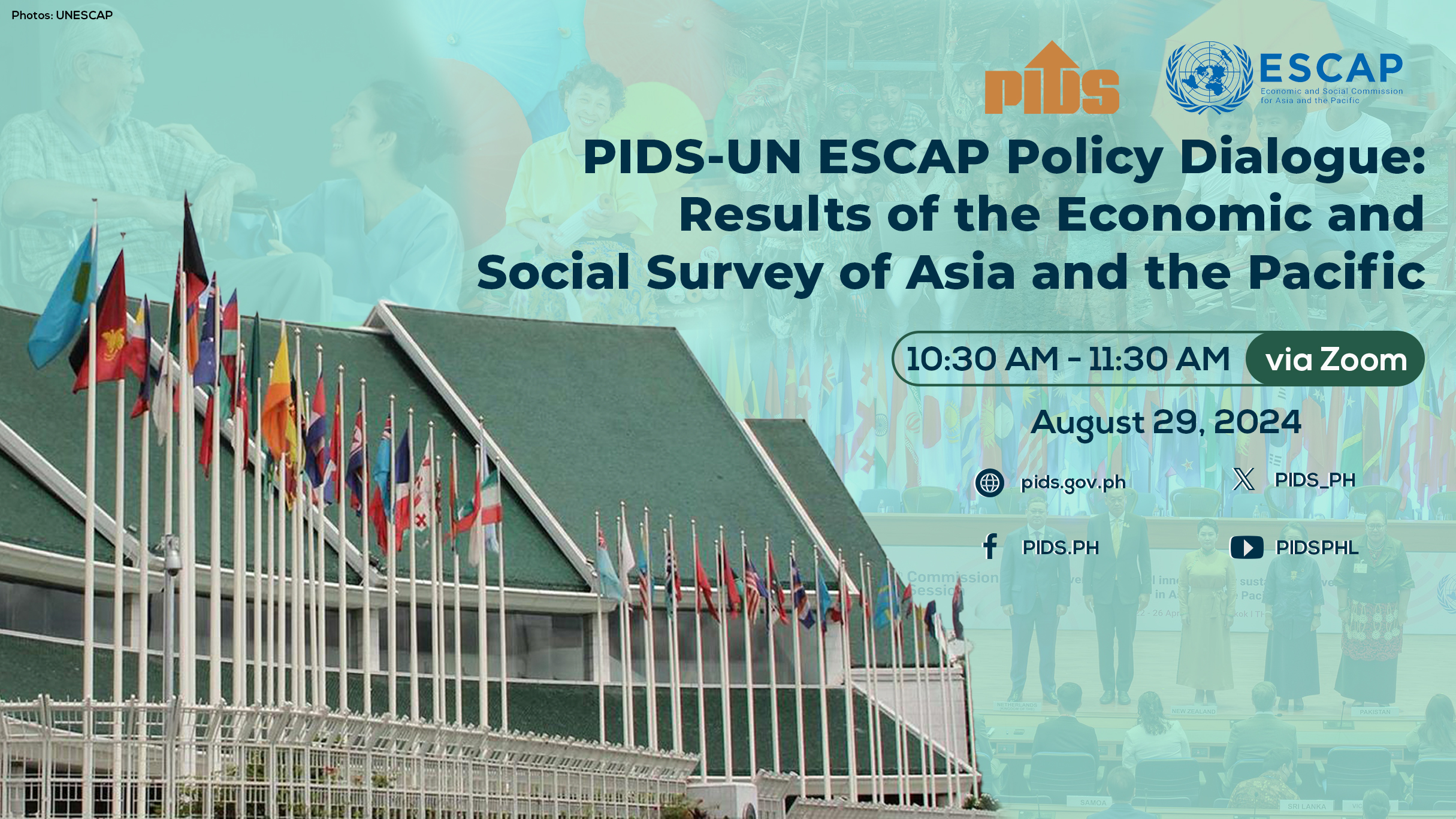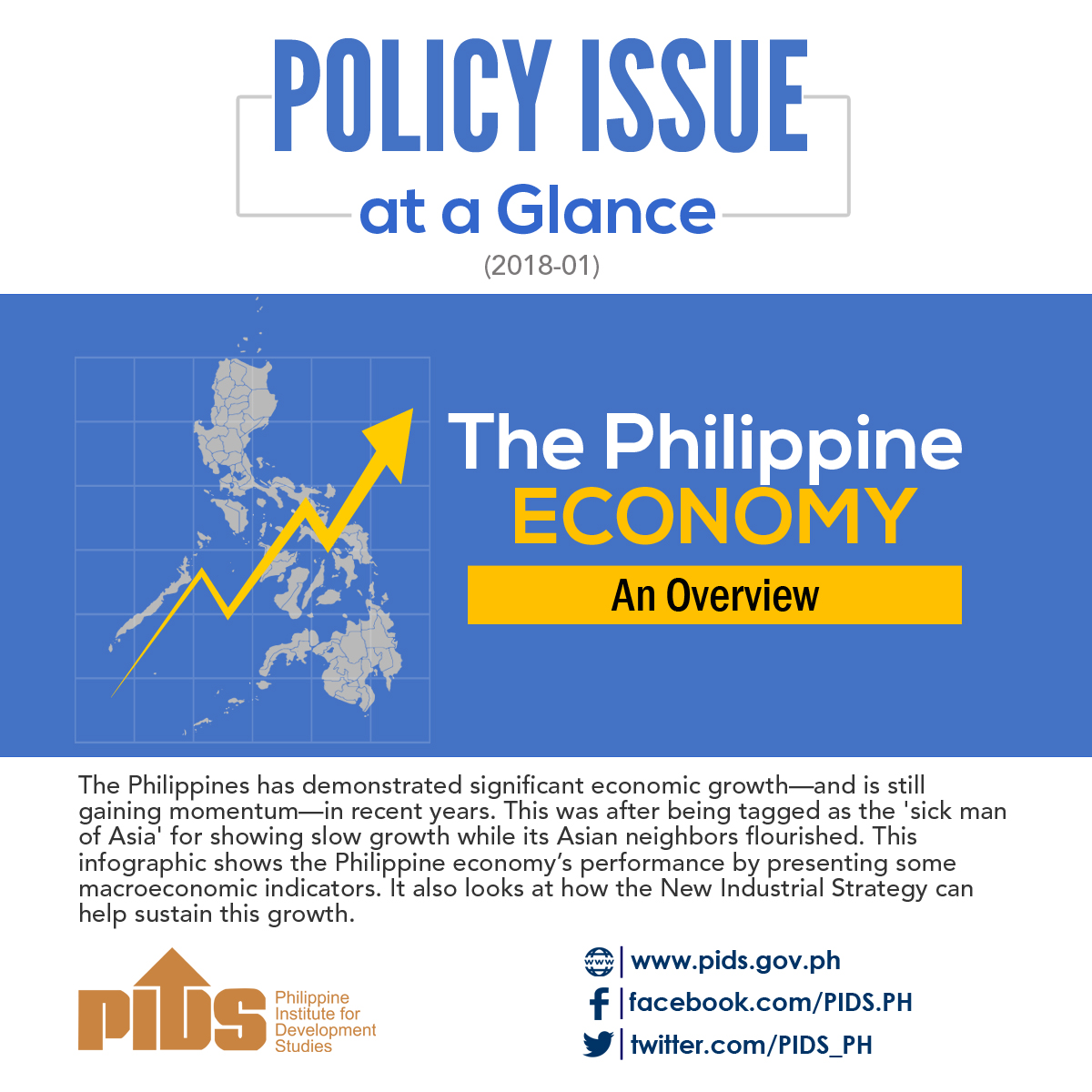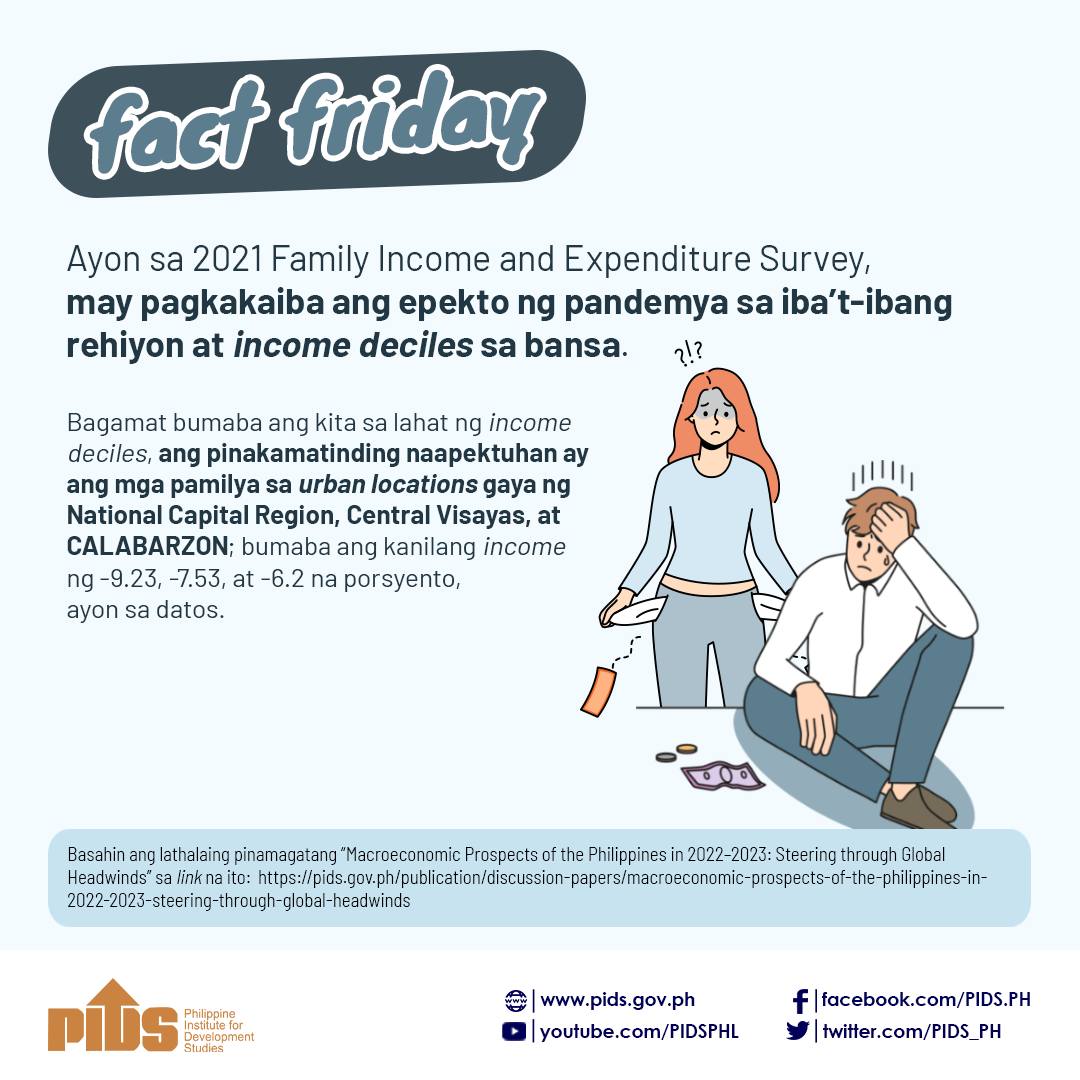After over a decade of mostly weak and often volatile economic performance, the Philippines became a growth stalwart in early 2012. Since then, the economy has registered one of the fastest GDP growth rates in emerging markets, according to global banking institution Deutsche Bank AG. "The fact that the economy has been growing at the rate of six to eight percent appears even more impressive after taking into account chronic export weakness and periodic natural disasters,” Diana del Rosario, Deutsche Bank economist for Malaysia and the Philippines, said.
But the big question remains: is there sustainable and inclusive growth in the second best performing Asian economy after China? Del Rosario said a 6.8-percent gross domestic product (GDP) growth rate is seen for 2014, after the impressive 7.2 percent registered for 2013. "But even if our conservative forecast materializes, 2014 would mark the third straight year when growth substantially exceeded its long-run average of about five percent,” the economist added. Domestic demand remains the key growth driver. Private consumption — comprising over 70 percent of GDP — has been growing by about six percent lately, well above the four percent long-term average growth rate. Only five projects out of the 49 committed by the administration under the Public-Private Partnership (PPP) scheme have been awarded.
But aside from awaiting the fulfillment of these costly infrastructure projects, the economy can leverage on the large inflows of remittances, improved incomes from the growing BPO industry, and thriving tourism sector by spurring the development of small to medium enterprises (SMEs). SMEs account for about 40 percent of GDP but they are dominated by micro enterprises (with only one to nine employees).
A study by the Philippine Institute for Development Studies (PIDS) indicates that the growth of SMEs has been hindered by among others, poor access to financing and information.
Del Rosario said that strong growth would mean little for vast numbers of poor Filipinos if their lives, from income to accommodation, education to health care, do not see any material improvement.

